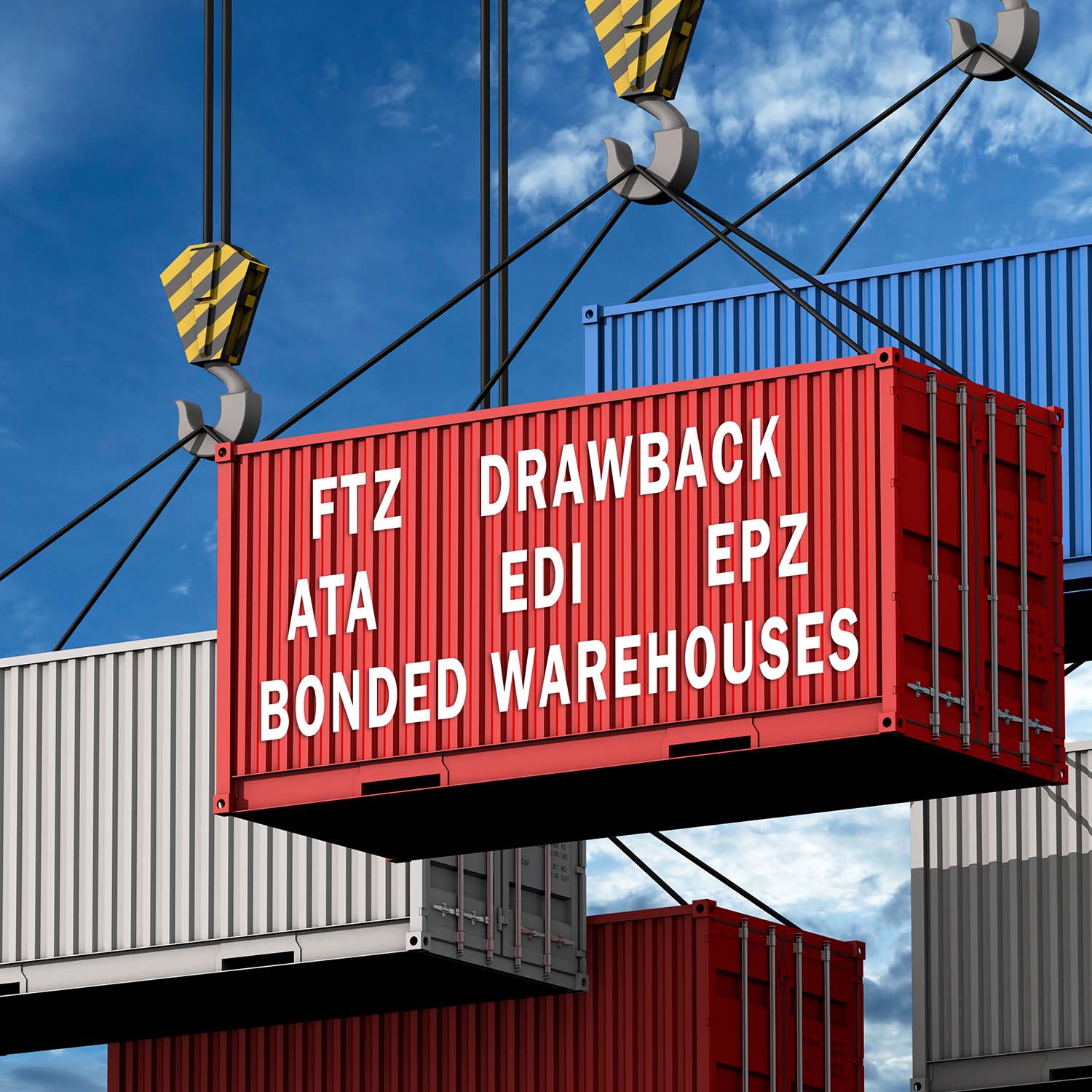Export: Special Provisions
Export Processing Zones (EPZs)
Export Processing Zones (EPZs) have played a pivotal role in the economy of Philippines since the establishment of the first four government-sponsored zones. These zones are the Baguio City, Mactan, Bataan, and Cavite EPZs. The share of EPZs has increased substantially in total inward foreign direct investment (FDI) and also in the total export merchandise. EPZs have also created new employment opportunities in Philippines. The following fiscal incentives are provided to businesses in EPZs under Philippines Export Zone Authority:
Income Tax Holiday (ITH)
Income Tax Holiday (ITH) allows 100 percent exemption from corporate income tax. ITH is granted extension years provided that the total ITH entitlement period should not exceed eight years. The project should comply with the following criteria for the extension of years (one criterion is equivalent to one ITH extension year):
- The average net foreign exchange earnings of the project for the first three years of operations exceed a minimum amount (currently at least 22,632,000 Philippine pesos)
- The capital equipment to labor ratio of the project is less than a given amount of money, currently 450,800 Philippine pesos, for one year immediately preceding the ITH extension year being applied for
- The average cost of indigenous raw materials used in the manufacture of the registered product is at least 50 percent of the total cost of raw materials for the preceding years prior to the ITH extension year
- Three years ITH for expansion project (ITH applies to incremental sales)
- Five percent Special Tax on gross income and exemption from all national and local taxes upon expiry of the ITH
Other
- Tax and duty-free import of raw materials, capital equipment, machineries, and spare parts
- Exemption from wharfage dues, export tax, impost, or fees
- Local purchases subject to compliance with Bureau of Internal Revenue (BIR) and PEZA requirements for zero-rating value-added tax (VAT)
- Exemption from payment of any local government imposts, fees, licenses, or taxes. However, while under ITH, there is no exemption from real estate tax. Machineries installed and operated in the EPZ for manufacturing, processing, or for industrial purposes are exempted from real estate taxes for the first three years of operation. Production equipment not attached to real estate are exempted from real property taxes
- There is exemption from expanded withholding tax
Export Subsidies
Enterprises engaged in activities under the Investment Priorities Plan (IPP) are registered with the Board of Investments (BOI) for fiscal incentives. These incentives include income tax holidays, tax deductions equivalent to 50 percent of the wages of direct-hire workers, and tax and duty exemptions for the import of breeding stock and genetic materials.
BOI-registered firms that are located in less-developed areas are eligible to claim a tax deduction of up to 100 percent of outlays for infrastructure projects and 100 percent of incremental labor expenses.
Enterprises must be at least 60 percent Philippine-owned and export at least 50 percent of their total production, to qualify for the incentives. Enterprises with less than 60 percent Philippines equity can qualify if they are engaged in projects listed as "pioneer" under the IPP or they export at least 70 percent of their total production.
Firms in EPZs, Free Trade Zones, and other special industrial estates registered with the Philippine Economic Zone Authority enjoy similar incentives, in addition to simplified trade transaction procedures as well as tax and duty-free imports of capital equipment and raw materials.
With the intention of promoting local auto assembly and exports, the Philippine government maintains an Automotive Export Program. This program offers preferential tariff rates to registered automobile manufacturers on imports of finished automobiles. It is based on their level of net foreign exchange earnings from their finished vehicle exports.
Note: The above information is subject to change. Exporters are advised to obtain the most current information from a customs broker, freight forwarder, or the local customs authorities.
Article written for World Trade Press by Taylor Holloran, Jennifer Goheen, and Nina Bellucci.
Copyright © 1993—2025 World Trade Press. All rights reserved.

 Philippines
Philippines 